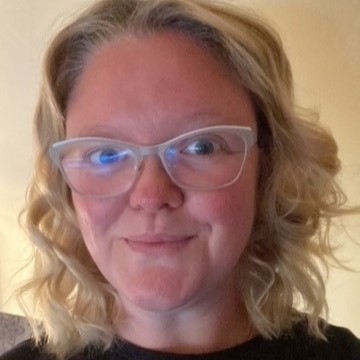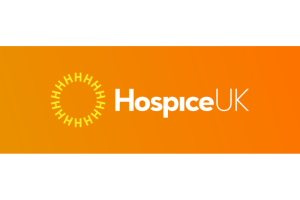Claire Sutton, Head of Independent Health and Social Care, Royal College of Nursing, explores how Registered Nurses and allied health professionals lead learning cultures in care, driving safer practice, stronger teams, and better outcomes.
In care settings, learning isn’t an optional extra – it’s the heartbeat of safe, person-centred practice. As a Registered Nurse who has worked across a range of care environments, I’ve seen how Registered Nurses and allied health professionals (AHPs) bring a unique blend of clinical expertise and leadership that helps create workplaces where learning is not just encouraged but expected.
Creating a culture of learning is central to this. Registered Nurses and AHPs play a key role in embedding a culture where learning happens every day. This isn’t only about formal training – it’s also about the informal, on-the-spot teaching and mentorship that takes place in busy care settings. It might be a physiotherapist showing a colleague the safest way to assist someone to mobilise, or a Registered Nurse explaining how a particular positioning technique can prevent pressure ulcers. These moments ripple through the team, building confidence and competence.
Access to essential learning and CPD matters just as much. In care settings, CPD works best when it’s relevant, practical, and easy to fit around shift patterns. Alongside mandatory training, there’s real value in opportunities to deepen knowledge in areas such as dementia care, end of life care, advanced assessment skills, and safeguarding. Resources can take many forms: bite-size e-learning for quick refreshers, structured short courses, or peer-led teaching sessions. Professional guidance documents and virtual learning events can all help staff build expertise without leaving their workplace. The most effective programmes are flexible, evidence-based, and directly linked to improving outcomes for the people receiving care.
Embedding clinical leadership across the whole team is another vital role. Many colleagues in care settings are not registered, regulated clinicians but they still influence safety and quality every day. Registered Nurses and AHPs can help bridge that gap by translating clinical evidence into plain language and linking it to day-to-day practice. For example, explaining how hydration can reduce falls risk, or why certain infection prevention steps protect residents and staff alike, can make best practice meaningful to everyone. Developing clinical leadership isn’t only about hierarchy – it’s about influence. Any Registered Nurse or AHP can act as a role model, mentor, or champion for evidence-based approaches, encouraging colleagues to question, reflect, and improve.
Effective multi-disciplinary working is about genuine collaboration, not simply having different professionals under one roof. In the best examples I’ve seen, Registered Nurses, AHPs, managers, care staff, and activities coordinators all contribute to a shared plan, each bringing their expertise. This holistic approach can transform outcomes for people with complex needs, ensuring that physical health, emotional wellbeing, and social engagement are all addressed together.
The power of supervision, mentoring, and peer support should not be underestimated. Retention and confidence grow when staff feel supported to learn. Clinical supervision provides a structured, reflective space to discuss challenges and share ideas. Peer mentoring – pairing experienced clinicians with newer team members – helps to build skills and a sense of belonging. Even informal peer discussions, when part of everyday practice, can strengthen teamwork and morale.
Closing the gaps in learning opportunities remains a challenge. Despite the many strengths in our sector, access to funded CPD can be patchy, especially outside the NHS. Time pressures and staffing shortages mean learning is sometimes seen as secondary to “getting the job done”. Yet when learning is deprioritised, it affects safety, quality, and workforce retention. We need to work together – providers, education bodies, regulators, and professional networks – to ensure that every Registered Nurse and AHP in care settings has fair access to learning opportunities. This includes creating flexible pathways, sharing resources, and recognising that investment in learning is an investment in safe, compassionate care.
Registered Nurses and AHPs are uniquely placed to lead this charge. By modelling best practice, sharing knowledge, and working collaboratively, we not only deliver better care but also create teams where people want to stay, grow, and thrive.







